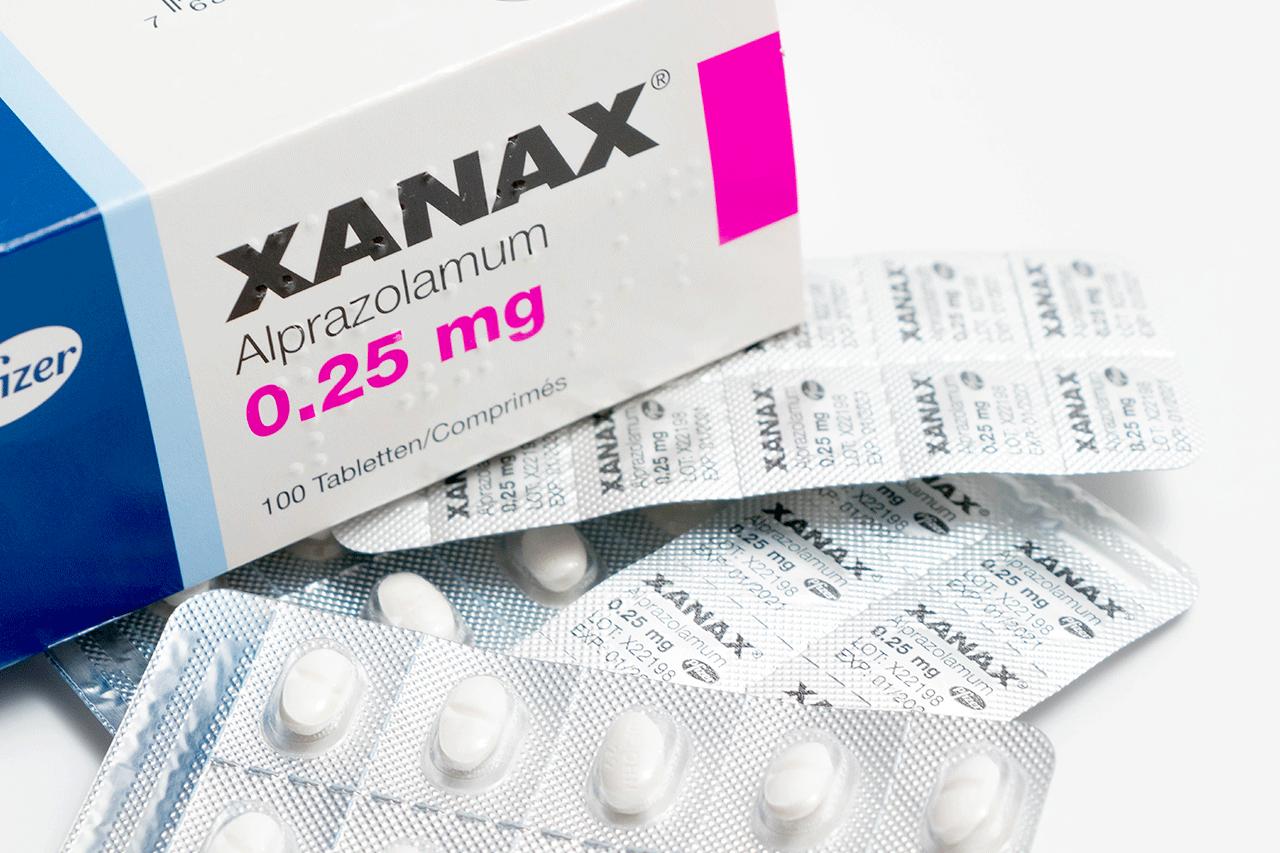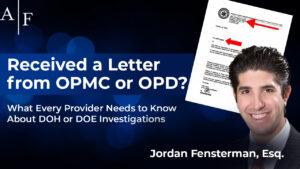License Protection Advice for Pain Management Physicians from a Physician Defense Lawyer
I am writing due to the increased prevalence of Office of Professional Medical Conduct (aka “OPMC”) investigations and actions against doctors involving prescribing Xanax (alprazolam) and other benzodiazepines. Xanax (alprazolam) is a Schedule IV controlled substance according to the Federal drug classification schedules. The US DOJ DEA website lists the classification schedules. Medications containing alprazolam are also considered Schedule IV controlled substances in New York. The medicine can become addictive and is known to be a popular street drug.
It is especially important to be careful when physicians prescribe to any patient with a known substance abuse and/or dependency history. Noting your awareness of prior issues in the medical records is a must. Alprazolam is considered a higher risk, with increased complications when prescribed at the same time as opioid medications. OPMC is very critical of multiple prescriptions being issued at the same time. Xanax is a very common anti-anxiety medication prescribed by psychiatrists, internists, pain management specialists, anesthesiologists, and many other types of medical providers in the United States. Many physicians agree that it is the most prevalently prescribed psychiatric medication in the Country.
I routinely have clients telling me that their prescriptions for Xanax will be no issue during an OPMC investigation interview because “it’s just Xanax.” It’s so common that some doctors have come to believe it’s no big deal and that prescriptions won’t be questioned regardless of what’s in their medical records. DON’T BE FOOLED. Professional Misconduct investigators and interviewers will not agree with that stance, and, in fact, you are likely to have your case forwarded for prosecution if you take that position during an OPMC interview. The OPMC interviewers are the people who make recommendations to those who have jurisdiction over medical licenses.
Providers should be extremely diligent with checking the Prescription Monitoring Program (aka “PMP” or “ISTOP”) through their HCS account. If any discrepancy is noted on ISTOP a notation must be made in a patient’s records showing how the provider addressed the issue (i.e. issued a stern warning to the patient, discharged the patient on 30 days notice, referred the patient to an addiction treatment center etc). ISTOP is mandatory to check prior to prescribing any controlled medication to any patient every time any controlled substance is prescribed. Urine toxicology screening is another tool that should be used to monitor patient compliance with medication regimens. If insurance/money issues prevent urine toxicology screening, that should be specifically indicated in a patient’s records. Be very wary of any patient coming in specifically requesting Xanax. Diligent charting, coupled with following the recommendations above, should protect and shield providers from OPMC licensure actions.
Sincerely,
Jordan Fensterman, Esq.






